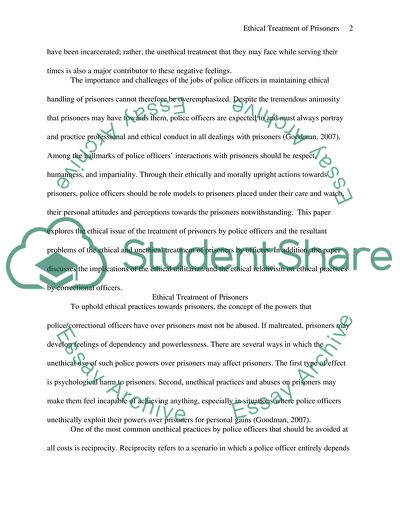Cite this document
(Police Ethics and Police Corruption Term Paper Example | Topics and Well Written Essays - 1500 words, n.d.)
Police Ethics and Police Corruption Term Paper Example | Topics and Well Written Essays - 1500 words. Retrieved from https://studentshare.org/social-science/1763032-police-ehtics-and-police-corruption
Police Ethics and Police Corruption Term Paper Example | Topics and Well Written Essays - 1500 words. Retrieved from https://studentshare.org/social-science/1763032-police-ehtics-and-police-corruption
(Police Ethics and Police Corruption Term Paper Example | Topics and Well Written Essays - 1500 Words)
Police Ethics and Police Corruption Term Paper Example | Topics and Well Written Essays - 1500 Words. https://studentshare.org/social-science/1763032-police-ehtics-and-police-corruption.
Police Ethics and Police Corruption Term Paper Example | Topics and Well Written Essays - 1500 Words. https://studentshare.org/social-science/1763032-police-ehtics-and-police-corruption.
“Police Ethics and Police Corruption Term Paper Example | Topics and Well Written Essays - 1500 Words”, n.d. https://studentshare.org/social-science/1763032-police-ehtics-and-police-corruption.


